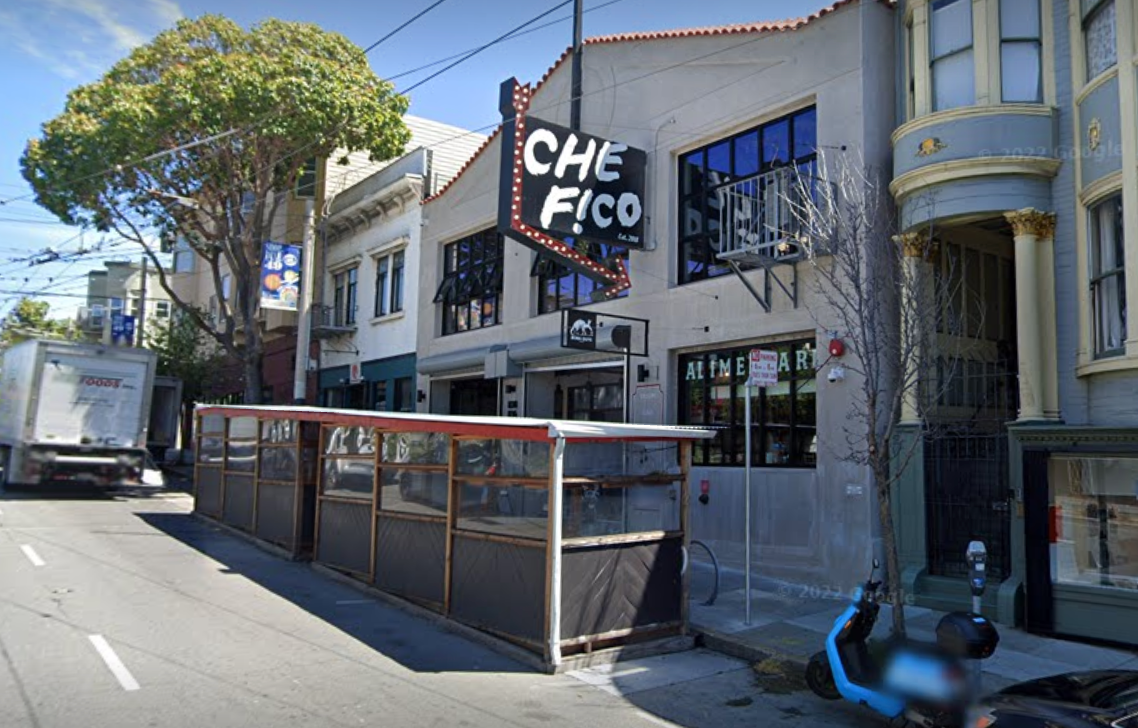Auto-gratuity, service charge, dine-in fee, SF Mandate, living wage surcharge—the list goes on.
Eating out in San Francisco has gotten more complicated—and more expensive.
If you’ve been out to eat recently, you’ve probably seen these extra charges at the bottom of the bill.
But why are restaurants charging these extra fees, what are the rules around them, and should you still tip?
When it comes to the law around surcharges, restaurants can make up any kind of extra charge they want, as long as they clearly display what it is with signage or on the menu, according to SF-based hospitality lawyer Zach Georgopoulos.
“As long as they’re vague enough, they’re not particularly regulated,” said Georgopoulos, a founding partner of Georgopoulos & Economidis, a business law firm that specializes in restaurant law.
What SF Restaurants Say?
Rudi’s Sports Bar does not have a space for tipping on their receipts, but instead adds a 20% “service charge” to the bill to help boost worker pay, says owner Rudi Rughoonundon.
Patrons can still leave a tip if they wish, in cash or by credit card.
The charge was first implemented six weeks ago at the 16th and Valencia Street bar and the owner says it’s a way to ensure all employees see a fairer share of tips.
“We wanted to leave something for employees, some people left without tipping, which I didn’t think was fair,” said Rughoonundon, who adds that the service charge cash does not go to him.
Rughoonundon believes the service charge boosts pay without having to increase hourly rates. Increased hourly rates could lead to pay cuts or layoffs if business slows in the future, he said.
“If business is good, we all do well. If business is bad, we all take a hit, including myself,” Rughoonundon said.
‘Dine-in Fee’
At Che Fico on Divisadero Street, customers pay a 10% “dine-in fee” and are encouraged to tip too.
The fee is part of a drive to make the Italian restaurant more profitable and remain in business for longer—in a city that is infamous for shuttering eateries as they endure city taxes and high costs of doing business.
But co-owner Matt Brewer said they also added the fee to bridge a long-standing pay gap between regularly tipped waiters and other staff who don’t always see a share of tips.
And the fee helps balance higher operating and food costs—which have increased by up to 20% this year, Brewer said.
The dine-in fee is named as such because—somewhat obviously—it costs the restaurant more to have seated guests than it does for patrons to take food out.
“We wanted to show we could be a profitable restaurant,” Brewer said. “SF is ground zero for these charges because it’s so expensive to operate here, restaurants have to get creative.”
Brewer says that while some customers have complained about the dine-in fee, most people understand that living and running a business in San Francisco is expensive.
“We do get some pushback on it, but not as much as you would expect,” Brewer said. “I think people understand and we try to be transparent about it.”
SF Mandate
These surcharges are not to be confused with the “SF Mandate”, which funds restaurant worker healthcare for businesses with more than 20 employees. It usually appears as a percentage amount on your bill, often between four and 10%.
But the SF Mandate amount you are charged varies from business to business, as more employees and hours they work means a higher mandate fee.
Businesses with 20 to 99 employees are meant to charge $2.20 per hour worked, per employee. Businesses with over 100 staffers are supposed to charge $3.30 per hour worked, per employee. The amount increases slightly every year and is set by the SF Office of Labor Standards Enforcement.
“The percentage [you are charged] is largely going to be a guesstimate,” Georgopoulos said.
It can be difficult to form an exact percentage fee for the mandate, as bosses almost never know for certain how many hours their employees will work per week— due to circumstances like sick leave or overtime that affect hours worked.
San Francisco’s sales tax of 8.625% should also appear on your bill. Sales taxes and regulated local health care ordinance surcharges—like the SF Mandate—are enforced by the Office of Labor Standards Enforcement; who were contacted for comment.
